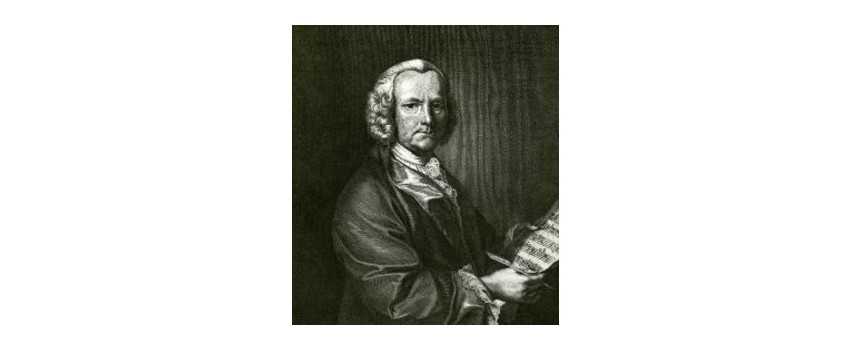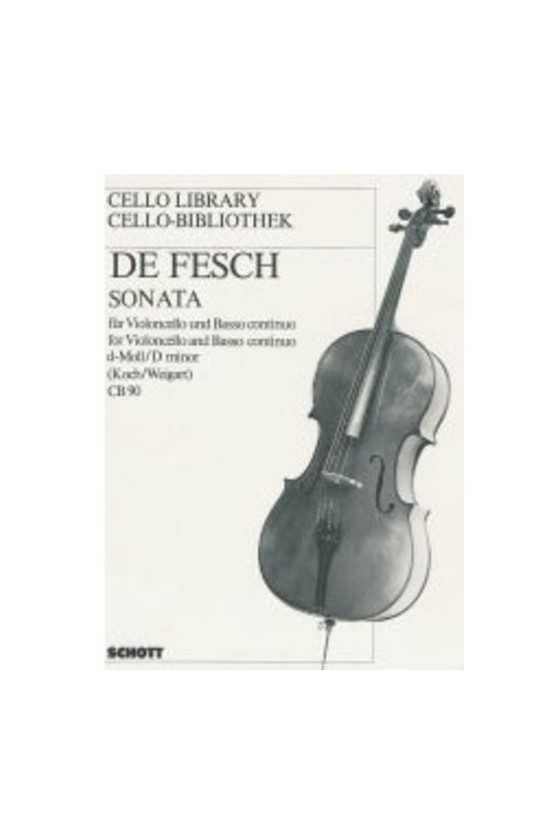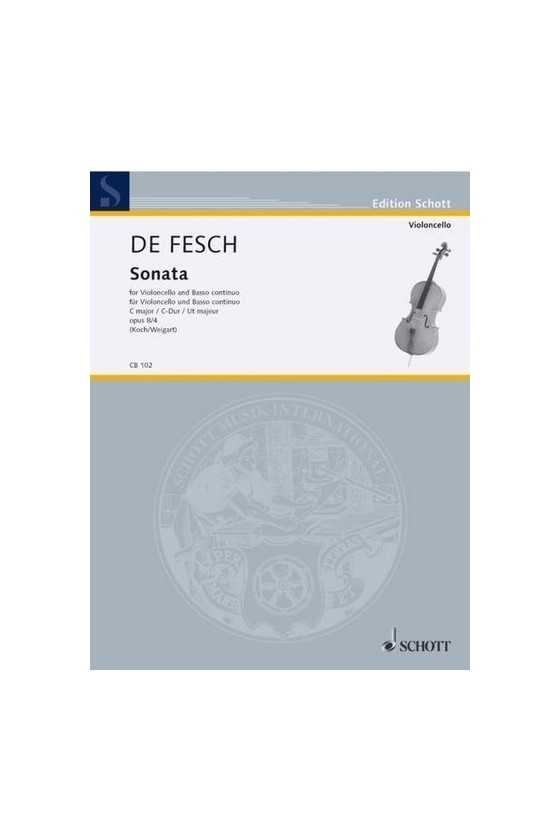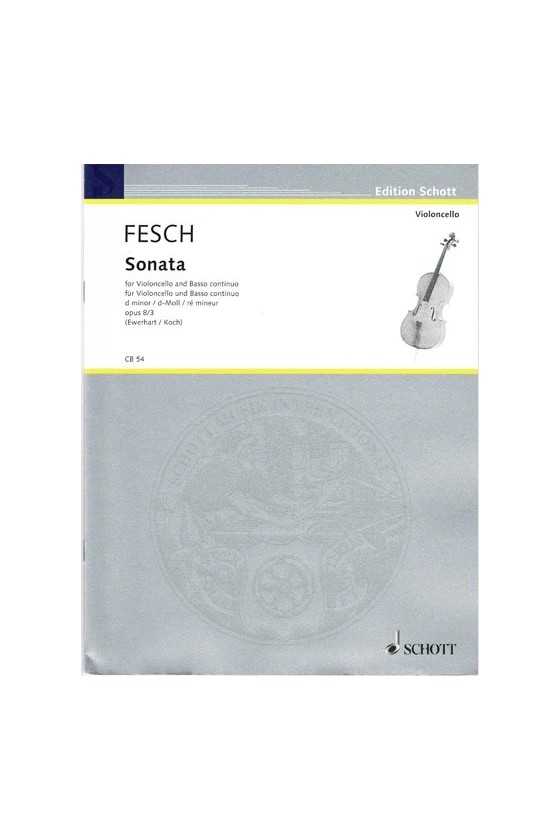Fesch, Willem de
William de Fesch is one of the most remarkable composers of the Baroque. Despite being born in a time of great musical upheaval, de Fesch's legacy has stood the test of time, captivating audiences with his unique blend of passion, precision, and innovation. From his humble beginnings in Antwerp to his rise to fame as a celebrated musician and composer in London, de Fesch's life was extraordinary. His music, characterized by its rich harmonies, intricate compositions, and breathtakingly beautiful melodies, has continued to inspire and enthrall music lovers worldwide for centuries. So, come with me as we discover the unforgettable life and music of William de Fesch - a journey that is sure to leave you spellbound and inspired.
Early life and musical training of William de Fesch
William de Fesch was born in Antwerp, Belgium, in 1687. His father, Joseph de Fesch, was a prominent painter, and his mother, Marie-Anne de Bruyns, was a singer. William showed a keen interest in music from an early age, and his parents encouraged his talent by providing him with musical instruction. He began his studies with the local organist Joseph Hector Fiocco and later studied violin with Jean-Baptiste Volumier.
In 1710, de Fesch moved to Paris, where he studied composition with Jean-Baptiste Senaillé and violin with Antonio Vivaldi. He quickly became known as a skilled violinist and composer, and his music was well-received by audiences and critics alike. In 1713, de Fesch left Paris and began touring Europe solo. He performed in cities such as Amsterdam, Vienna, and Rome, and his virtuosity on the violin earned him an international reputation. Despite his performance success, de Fesch remained committed to his work as a composer. He continued to write music throughout his travels, drawing inspiration from the different musical traditions he encountered. By the time he settled in London in 1725, de Fesch had established himself as one of the leading composers of his time.
William de Fesch's compositions and musical style
William de Fesch's music is characterized by its rich harmonies, intricate compositions, and breathtakingly beautiful melodies. He was a master of the Baroque style, and his works are filled with the ornamentation, counterpoint, and rhythmic complexity that define the era. De Fesch wrote music in various forms, including sonatas, concertos, and chamber music. His works for the violin are particularly notable, showcasing his virtuosic playing style and innovative compositional techniques.
One of de Fesch's most famous works is his Violin Concerto in B-flat major, Op. 10, No. 2. The concerto is a stunning example of de Fesch's musical style, featuring intricate solo passages, lush harmonies, and a sense of drama and excitement characteristic of his work. Another of his notable works is his Sonata in C major for violin and basso continuo, which showcases his skill at writing chamber music. De Fesch's music was well-received during his lifetime, and he was considered one of the leading composers of his era. His work has continued to be performed and recorded over the centuries, and his influence can be heard in the music of later composers such as Bach and Handel.
Discovering the lost works of William de Fesch
Despite his success during his lifetime, many of William de Fesch's works were lost or forgotten over time. Finally, in the late 20th century, scholars began rediscovering his music and bringing it back into the public eye. One of the most significant discoveries was a collection of sonatas for violin and basso continuo that had been lost for over 200 years. The collection, discovered in the archives of the Royal College of Music in London, contained 12 sonatas de Fesch had written in the 1730s. The sonatas were published in 1990 and have since become a staple of the violin repertoire.
Another notable discovery was de Fesch's opera, "Circe." The opera was written in the 1720s but never performed during de Fesch's lifetime. However, it was rediscovered in the Bibliothèque nationale de France archives in the 1990s and was eventually premiered in 2002. The opera received critical acclaim and helped to further cement de Fesch's reputation as a composer of great skill and innovation.
Conclusion - the enduring impact of William de Fesch's music
William de Fesch's life and music are a testament to the enduring power of the Baroque era. His music, characterized by its passion, precision, and innovation, has continued to inspire and enthrall audiences worldwide for centuries. Despite being born in a time of great musical upheaval, de Fesch's legacy has stood the test of time, captivating audiences with his unique blend of virtuosity and creativity.
As we continue to explore the music of the Baroque era, it is essential to remember the contributions of composers like William de Fesch. His music has left an indelible mark on the history of music, and his legacy continues to inspire new generations of musicians and music lovers alike. So, let us remember the unforgettable life and music of William de Fesch and continue to celebrate the remarkable legacy of one of the greatest composers of the Baroque era.

De Fesch, Sonata Op. 8 No. 3 & 4 For Cello (Peters)
De Fesch, Sonata Op. 8 No. 3 & 4 for Cello (Peters)



